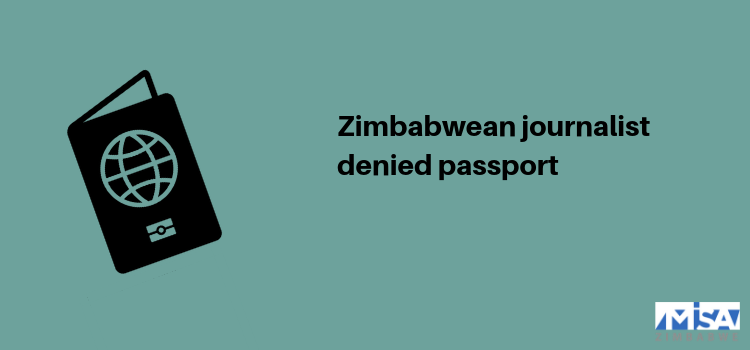Violet Gonda, a Zimbabwean journalist who has been working abroad for the past eighteen years was this week, denied a Zimbabwean passport.
Gonda who currently holds a UK passport was told that she was on a government blacklist due to her journalistic duties with SW Radio Africa, a free to air radio station that was based in the UK. Gonda also worked for Voice of America’s Studio 7.
Both stations were accused by the state of being anti-establishment, with government reportedly acquiring equipment to block and scramble the frequencies on which the two stations operated.
Gonda has since engaged lawyers who have taken Tobaiwa Mudede, the national registrar for citizenship to the High Court challenging his unilateral decision not to issue her with a Zimbabwean passport.
The right to citizenship is enshrined in chapter 3 of our national Constitution. The same Constitution also grants dual citizenship to Zimbabwean citizens who are citizens by birth.
Zimbabwean citizenship can only be lost under a few specific instances namely when citizenship is acquired by fraudulent means or other false representation.
MISA Position
MISA Zimbabwe condemns this latest attempt by a government to punish a journalist for carrying out her constitutionally guaranteed duties. Journalism is not a crime, and those that practice this profession should not be treated like criminals. These acts by the government are contrary to the promises and pronouncements by President Mnangagwa that Zimbabwe is breaking with its dark past.
The government of Zimbabwe has a constitutional obligation to promote and protect the right to free speech and media freedom in Zimbabwe.









